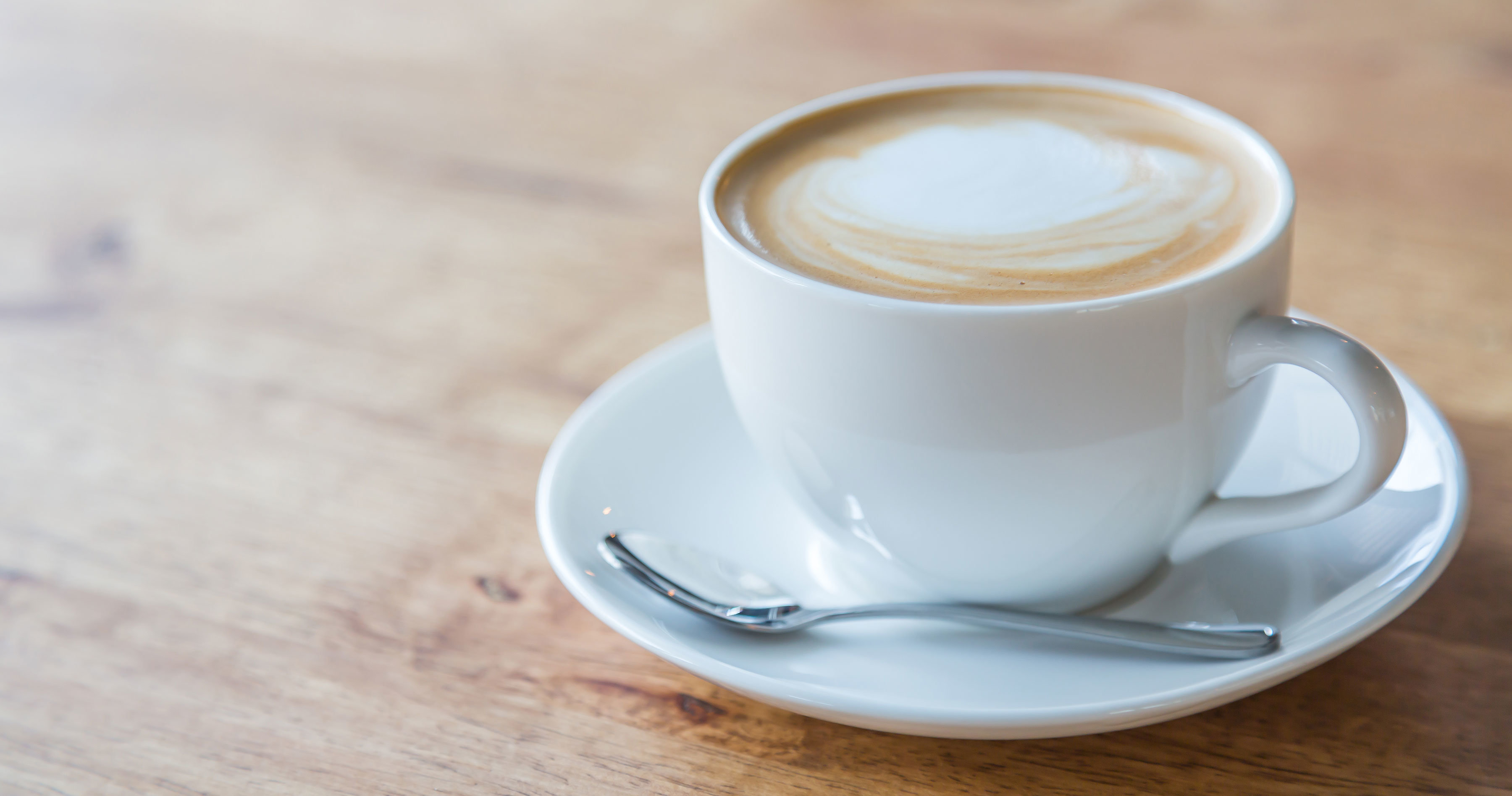
Sleep is a symptom of caffeine deprivation. ~Author Unknown
Caffeine 101:
I never thought of myself as a drug addict. I’m on my second cup of my daily addiction, and it probably won’t be the last. Each sip is stimulating my central nervous system, and I wouldn’t have it any other way.
Unlike most psychoactive drugs (a category including alcohol, cannabis, and cocaine), caffeine is legal and unregulated across the world. It comes from the seeds, nuts, and leaves of several South American and East Asian plants. In the wild, it protects the plants from pests. Ironically, it’s now why we harvest those plants.
How popular is caffeine? 90% of North Americans consume it daily, usually via coffee, tea, or cola. Coffee is more popular in Canada than tap water, with the average Canuck guzzling 3 cups of the stuff.
Energy drinks, which pack a bigger buzz, have surged to popularity lately. Purer forms of caffeine, like pills, are illegal given that high doses of it can be fatal.
Caffeine in the Body :
As I sip my coffee, here’s what’s happening:
- Caffeine is absorbing into every bodily tissue it touches
- My heart rate and blood pressure are increasing
- My body temperature is changing and the gastric juices start flowing
- I become more attentive (the desired side effect), but I know that I’ll be irritable in a few minutes
It takes a while for your body to break down and clear caffeine. It’s half-life (the time is takes to reduce half of it) is 4 hours. So if you give in to that 5pm espresso, you may find yourself laying awake.
Here are the pros:
- It gets you moving in the morning, especially if it’s been a long night!
- There’s some evidence for improved memory, better focus, and boosted concentration (temporarily, of course).
The cons:
- Caffeine can lead to a headache or upset stomach for some. High intake (4 cups a day or more) can lead to feeling jittery or even heart palpitations.
- Some people experience insomnia if they have caffeine late in the day. Others, inexplicably, sleep well no matter when they drink coffee.
- Ongoing use will lead to dependence, and that means withdrawal. Not having your morning hit can lead to headaches and irritability.
How Much is Too Much?:
So we’re pretty much all hooked on the drug that is caffeine. Different drinks have different levels, and different people can handle more or less. So it varies, but here are the basics:
- About 400 milligrams is the healthy limit. After that and you’re starting to ask for the jitters.
- A cup of coffee is 100 to 200 mg. Bear in mind that a “cup” is 8 ounces (236 ml). It’s not that giant thermos you fill up twice a day.
- A cup of tea (non-herbal) tends to have 70 mg, while colas often have 50. Don’t assume that because it’s not ‘Coke’ or ‘Pepsi’ that it doesn’t have caffeine. It’s been added to a lot of sodas you wouldn’t expect.
600 mg is generally considered too high, according to the FDA. That being said, daily consumption can lead to increased tolerance, just like any drug. You might not feel the excessive amount, but your body does.
If you’re pregnant, try to limit yourself to one cup of coffee, or 200 mg, a day. Kids shouldn’t have it, and with their energy level typically don’t need it, because their developing brains are more sensitive to its effects.
Teen should max out at 100 mg, although they often drink way more soda than that.